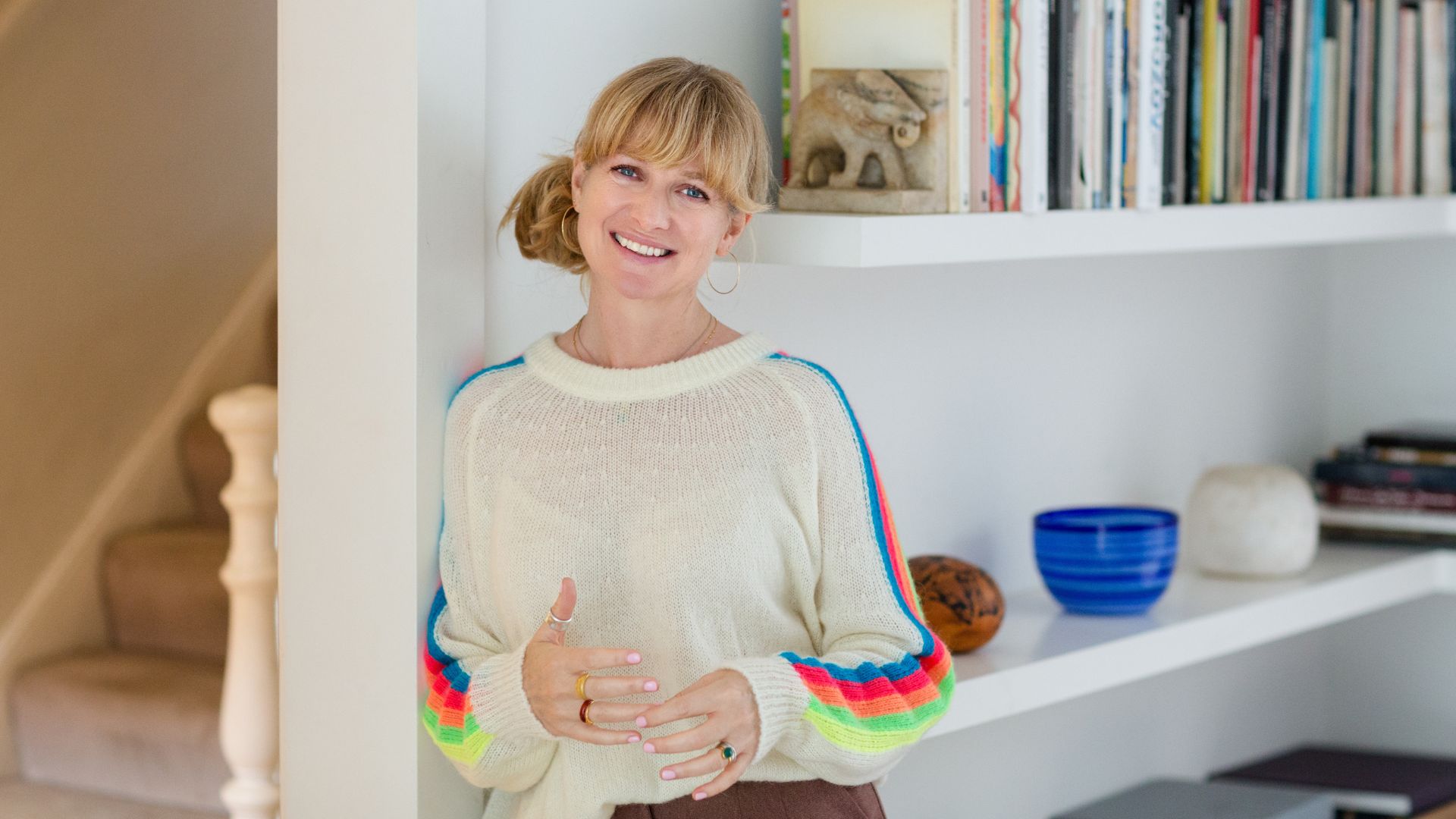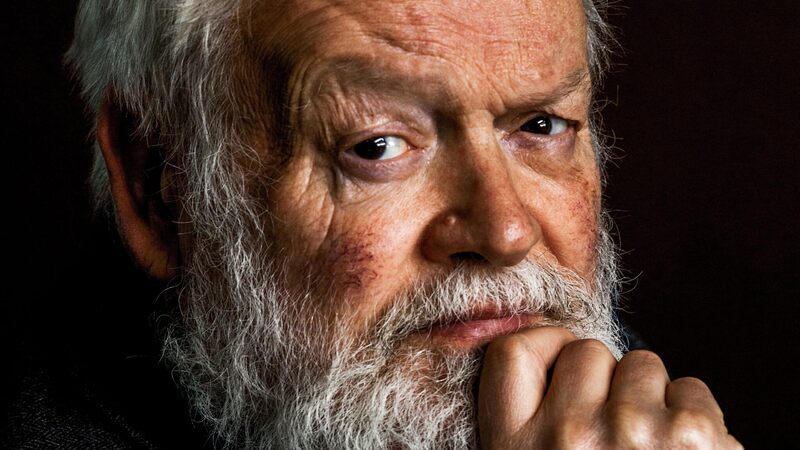You are viewing your 1 free article this month. Login to read more articles.
Fran Littlewood on representing women and changing the conversation
Fran Littlewood’s fiction début tells of a menopausal 50-year-old woman who refuses to be bound by convention—and it makes for a rollicking read.

Caroline Sanderson is a non-fiction writer, editor and books journalist. Her books include a travel narrative, A Rambling Fancy: in the F ...more
 Caroline Sanderson
Caroline SandersonCaroline Sanderson is a non-fiction writer, editor and books journalist. Her books include a travel narrative, A Rambling Fancy: in the F ...more
"I wanted to write something that properly represented the women around me; a corrective to the prevailing narrative that women at this stage of life are past it and downtrodden. One of the things I tried was to tackle the perimenopause head-on, in a raw and visceral way, spelling it out, itchy vaginas and all.”
Via Zoom from her home in north London, 50-year-old Fran Littlewood is talking about her début novel, Amazing Grace Adams. Acquired by Michael Joseph last year in a major pre-empt by publisher Jessica Leeke, and out on 19th January 2023, this cracker of a midlife novel is the affecting and darkly humorous story of Grace Adams, a perimenopausal woman on a quest to remind her estranged husband and teenage daughter why they used to think she was amazing—and heal their lives from a tragic event that tore the family apart. From the first paragraph (“This feeling that from nowhere she’s been set on fire from the inside out…”), the reader is plunged into the emotional life of a woman whose hormones are on a collision course with those of her troubled adolescent daughter, Lotte. Stuck in a traffic jam, Grace suddenly snaps and abandons her car in the middle of the road.
I think all women and girls, but particularly women in their forties and fifties, are held to such high standards of behaviour
Though recently fired from a teaching job, Grace was formerly a TV star, and is a supremely gifted polyglot, fluent in several languages. Littlewood tells me that certain aspects of Grace’s character represent her kick-ass, fantasy self.
“While she displays many of my own feelings and experiences during perimenopause, which made her very cathartic to write, she goes further in ripping up the social contract; saying and doing exactly what she is moved to do. My own years of pushed-down rage were able to surface in this fictional character.” Imbuing the novel with a certain absurdity was also important to Littlewood, who reveals that she kept Where’d You Go, Bernadette by Maria Semple on her desk as she was writing. “I didn’t want the novel to be too earnest and tub-thumping; I think you can say a lot more if you do it with a sprinkling of humour.”
One of the things Littlewood captures so well is the huge emotional labour that many women routinely put in during the menopause years—caring for children and sometimes elderly parents as well—with their own self-care way down the priority list. “I think all women and girls, but particularly women in their forties and fifties, are held to such high standards of behaviour. That’s another thing I wanted to reflect in Grace, this huge emotional burden that she decides to shuck off.”
Littlewood’s own menopause years have come with challenges too. After falling and breaking her elbow, she experienced medical misogyny after a male orthopaedic consultant dismissed her concerns about bone density decline linked to her age, seemingly panicked by her mention of the word “menopause”. She later received a diagnosis of osteopenia, the state of bone deterioration that comes before osteoporosis, “a serious medical condition I could have begun tackling years earlier had my concerns about my own body been taken remotely seriously”.
But how much systemic change will actually take place is still to be seen
Did she also want to reflect positive aspects of the menopause in her novel? “Well you have a bit more of a ‘fuck-it’ attitude as you get to this age. And you have all this accrued experience: Christie Watson has talked brilliantly about perimenopause as a ‘walking towards wisdom’. Given that we’re all going to be working until we’re 75, there are a lot of places for that wisdom to go! Many women I know are changing direction and doing different things.”
Littlewood’s own change of direction—she was a business and financial journalist for the Times, before leaving to travel with her DJ/musician husband, and to raise her three children—came after a part-time MA in creative writing at Royal Holloway, University of London, when she was signed by Janklow & Nesbit agent Hellie Ogden on the strength of a piece she had written during her course. “I pitched to Hellie the idea of a perimenopausal woman going on a rampage and she instantly loved it.” Amazing Grace Adams was completed in nine months. Aside from the Michael Joseph deal, the novel has sold in 11 other territories including the US, and TV rights have been optioned by the producer of “Mare of Easttown”.
Littlewood is heartened by the movement to open up the discussion around menopause, but remains cautious. “It does feel like we’re in a completely different landscape. But how much systemic change will actually take place is still to be seen”.









